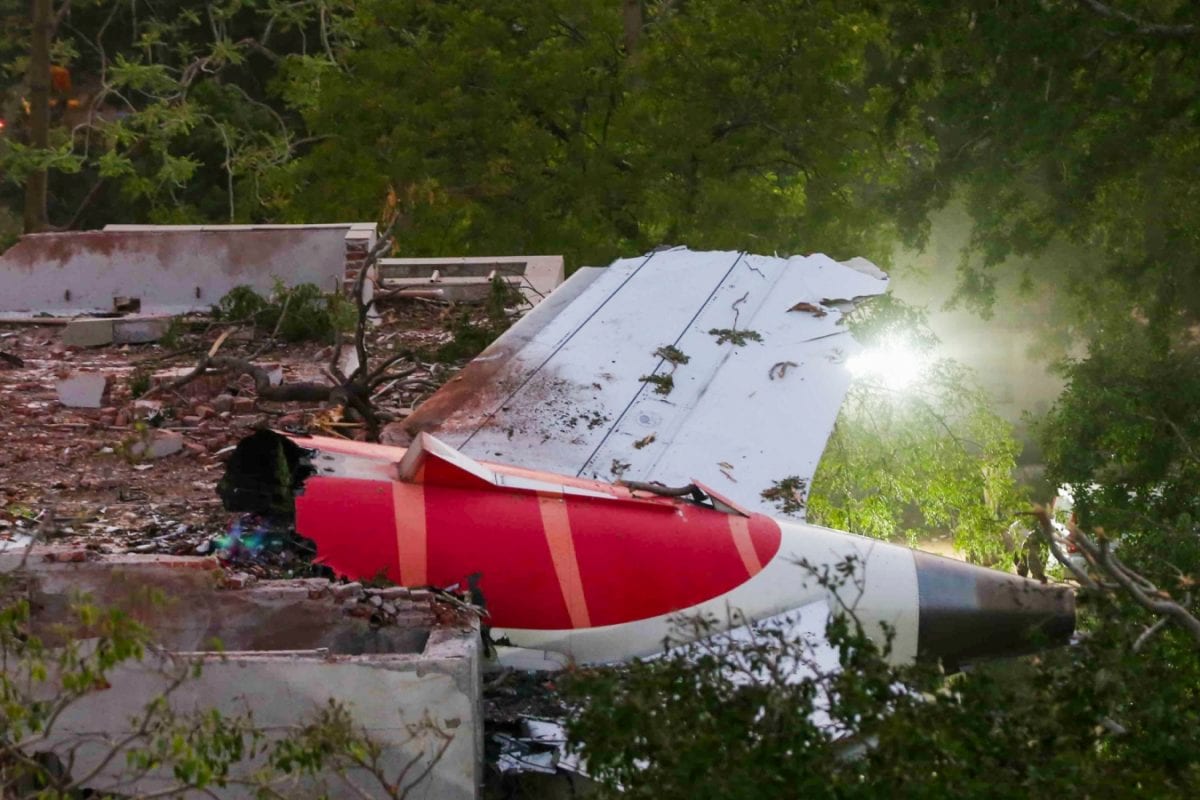

In the wake of the Air India Flight 171 crash, the Indian government has voiced strong disapproval of the coverage by some foreign media outlets, labeling it "irresponsible" and based on "unverified" information. This criticism stems from reports that appeared to prematurely assign blame for the accident, particularly to the pilots, before the official investigation had concluded.
The Aircraft Accident Investigation Bureau (AAIB) has also stepped in to condemn the "selective and unverified" reports circulating in the international media. The AAIB is urging both the public and the media to exercise restraint and avoid drawing hasty conclusions, emphasizing that such speculation could compromise the integrity of the ongoing investigation.
Several reports in foreign media cited unnamed sources suggesting that the pilot had intentionally cut off the fuel supply to the engines. This narrative quickly gained traction, with some outlets running headlines that appeared to place blame squarely on the flight crew. However, these reports were met with skepticism and criticism, particularly in India, where many felt they were premature and lacked sufficient evidence.
Government sources have refuted the foreign media's portrayal of the pilot's actions, arguing that there is no basis to twist the cockpit conversation to suggest deliberate wrongdoing by the senior pilot. These sources suggest that selective leaks to the foreign media have led to a misrepresentation of the facts.
The controversy surrounding the media coverage has also raised questions about potential biases and agendas. Some observers have pointed out that the rush to blame the pilots may be a way to deflect attention from other potential factors, such as mechanical issues with the aircraft. Concerns have also been raised about the role of lobbying and public relations in shaping the narrative surrounding the crash.
Adding another layer of complexity, the AAIB report mentioned a 2018 Federal Aviation Administration (FAA) advisory regarding a potential issue with the fuel control switch locking mechanism in certain Boeing aircraft, including the 787-8 model involved in the crash. The advisory suggested inspections to address the issue, but these were reportedly not carried out by Air India. This revelation has led to questions about whether a mechanical malfunction could have contributed to the accident.
The debate over the Air India crash highlights the importance of responsible and verified reporting, especially in the aftermath of a tragedy. The government's strong reaction underscores the sensitivity surrounding the issue and the potential for misinformation to cause further distress to the families of the victims and damage the reputation of the airline and its pilots.
As the investigation continues, it remains crucial to allow the AAIB to conduct its work thoroughly and impartially, without undue influence from external pressures or premature media pronouncements. The focus should be on uncovering the truth and implementing measures to prevent similar accidents in the future, rather than engaging in a blame game based on speculation and conjecture.